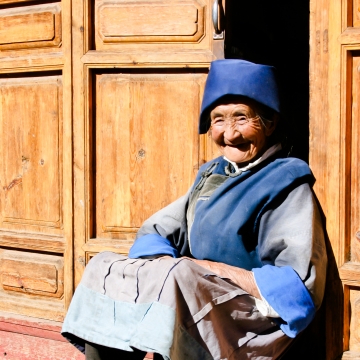Environmental Impacts and Policy Responses to Covid-19: A View from Latin America
COVID-19 is currently having major short run effects with possible serious long run implications for the environment and the management of natural resources in Latin America. We discuss the possible effects of the pandemic on air pollution, deforestation and other relevant environmental dimensions across the region. With contributions from environmental economists from eight countries, we give an overview of the initial and expected environmental effects of this health crisis.



